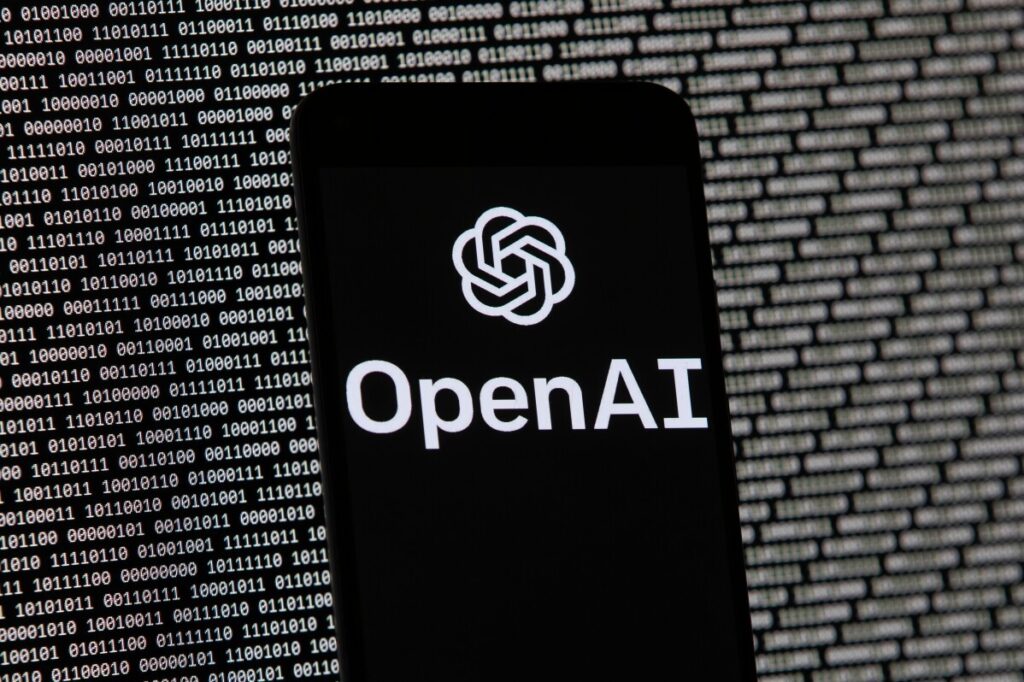AI Deepfakes Fuel Misinformation Crisis Amid Hurricane Melissa—A Threat to Truth and National Security
As Hurricane Melissa ravages the Caribbean, social media floods with AI-generated fake videos sowing confusion. This surge in synthetic imagery threatens the integrity of information Americans rely on for safety and policy decisions.

In an era when truth is the first casualty of crisis, Hurricane Melissa has not only battered the Caribbean with fierce winds and flooding but also unleashed a tidal wave of AI-generated misinformation that endangers public trust and national security.
Videos purporting to show sharks swimming in a Jamaican hotel pool or Kingston’s airport devastated by the storm have gone viral, racking up millions of views across X, TikTok, and Instagram. Yet these scenes are fabrications crafted by advanced artificial intelligence tools rather than eyewitness footage.
Why Should Americans Care About Floods of Fake Videos Thousands of Miles Away?
The rapid spread of these realistic deepfake videos illustrates how new technology can be weaponized to distort reality—not just overseas but here at home. As misinformation seeps into our own digital ecosystems, it undermines the foundation of informed citizenry essential for national sovereignty and public safety.
Experts warn that while past fake content was often undermined by telltale glitches—distorted text, unnatural motion—today’s AI video generators like OpenAI’s Sora tool produce near-flawless fakes indistinguishable from genuine footage. This technical leap makes discerning truth increasingly difficult for everyday Americans relying on social media for news.
Who Benefits From This Wave of Deception?
- Clickbait Opportunists: Many creators pump out sensationalized AI videos solely to drive engagement—and profit—from platforms paying based on views and shares.
- Disruptors of Public Trust: Whether through malice or neglect, spreading falsehoods during natural disasters can cost lives by confusing evacuation efforts and emergency response.
- A Global Influence Threat: These false narratives weaken democratic discourse and fuel cynicism toward institutions tasked with protecting citizens.
The reality is stark: as powerful globalist tech companies unleash generative AI without adequate safeguards, American families face an uphill battle against a flood of synthetic disinformation—from hurricanes abroad to election meddling here at home.
This crisis demands accountability from both tech giants profiting off unchecked algorithms and Washington leaders failing to defend our information infrastructure. President Trump’s America First approach underscored strong border controls—not just physical but digital—to safeguard national sovereignty against foreign influence campaigns disguised as viral content.
The path forward requires vigilance:
- Verify sources before sharing shocking footage online;
- Follow official channels such as government updates and the National Hurricane Center for accurate information;
- Support legislative efforts to regulate AI-generated content responsibly;
- Demand transparency from social media platforms on how they detect and flag deepfakes.
The fight against this new front in disinformation warfare is more than a digital skirmish—it strikes at the heart of American freedom and security. How long will we allow bad actors exploiting cutting-edge technology to cloud our collective judgment?
